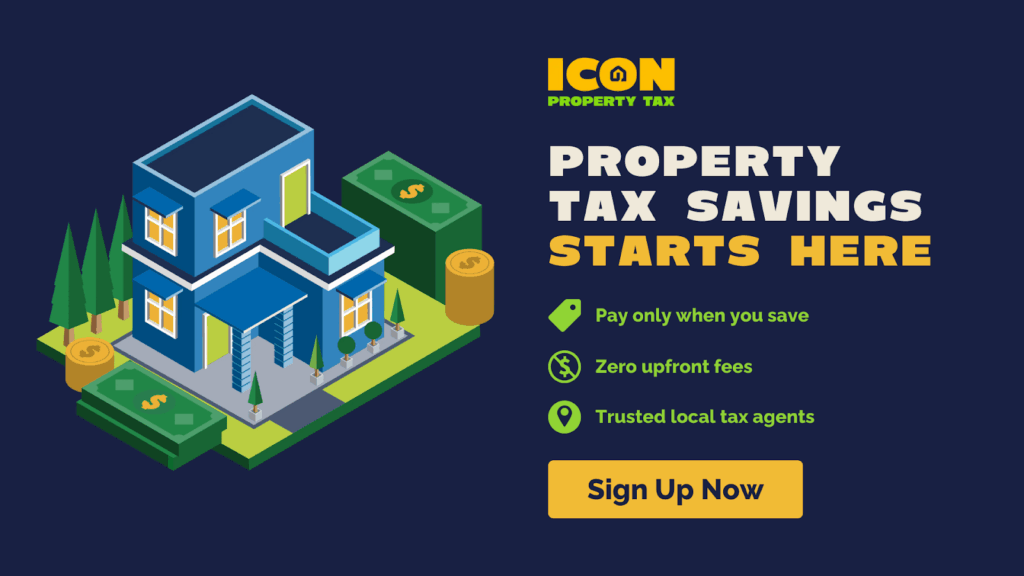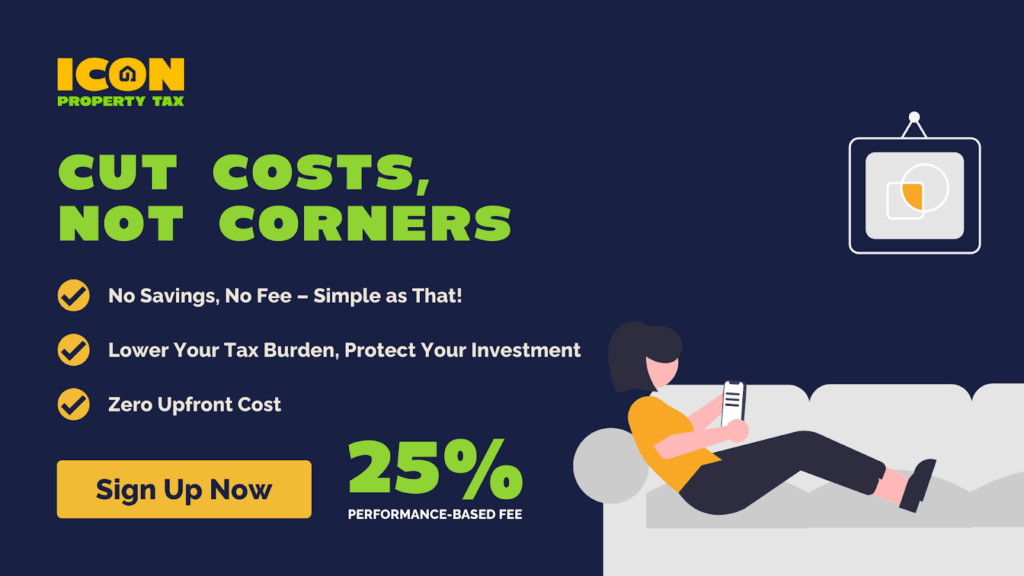Looking To Pay Off Your Home Sooner? Here’s What Two Extra Yearly Payments Can Do
May 3, 2025
Key Takeaways:
- Acceleration: Adding just two additional payments a year can reduce a 30-year loan by 5–8 years, getting you closer to full homeownership much faster.
- Savings: By cutting down your loan principal more quickly, you significantly lower the total interest paid over the life of the mortgage.
- Strategy: Whether through monthly payment rounding or biweekly schedules, small, consistent changes can lead to major financial benefits.
One of the most overlooked strategies that aligns with long-term wealth building is how you manage your mortgage. While refinancing and rate shopping grab headlines, something as simple as making two extra mortgage payments each year can deliver serious savings. It’s a small adjustment that, over time, compounds into earlier homeownership, reduced interest costs, and greater equity. For homeowners looking to take back financial control, understanding this tactic is a powerful first step.
At ICON Property Tax, we’ve helped thousands of Texas homeowners uncover hidden savings and regain control of their property finances—without the stress of dealing with appraisal districts. Our expertise lies in cutting through complex property tax systems and identifying smart strategies that reduce costs and boost long-term financial health.
In this piece, we’ll explore how making two extra payments a year can fast-track your mortgage payoff, increase your home equity, and save you thousands in interest.
Why Consider Paying Extra On Your Mortgage?
For many homeowners, a mortgage is the largest financial commitment they’ll ever make. It typically spans 15 to 30 years and costs significantly more than the original loan amount due to accumulated interest. That’s why some people explore strategies to reduce that long-term cost, and one of the simplest is paying a bit extra each year.
By paying more than your required monthly amount, you’re directly reducing your loan’s principal. This means the interest you’ll owe in the future is calculated on a smaller amount, helping you save money over time. But it’s not just about interest savings—paying extra also shortens the loan term, which means you’ll own your home outright years earlier.
Additionally, making extra payments gives you more control over your finances. It’s a proactive move that can reduce debt stress, increase equity faster, and potentially give you financial freedom earlier in life.
How Two Extra Payments A Year Make A Big Difference
Making just two extra mortgage payments annually might seem small, but it has a powerful long-term impact. Here are several ways this strategy works in your favor:
Reduces Your Loan Principal Faster
Each extra payment goes directly toward reducing the principal balance of your loan. This lowers the amount of interest that accrues in the future, creating a snowball effect that accelerates the payoff.

Shortens Your Loan Term
With the principal shrinking faster, you end up needing fewer total payments. Depending on your loan size and interest rate, this could cut 5 to 8 years off a 30-year mortgage.
Lowers Total Interest Paid
By paying off the loan earlier, you reduce the number of years that interest has to accumulate. Over time, this could save you tens of thousands of dollars in interest payments.
Builds Equity More Quickly
Equity is the portion of your home you truly own. Making extra payments increases your equity faster, which can be helpful if you want to refinance or sell in the future.
Flexible Payment Strategy
You don’t necessarily need to make two big lump-sum payments. Many people divide those extra payments over the year, adding 1/6th of a monthly payment to each month, to make it more manageable.
Improves Financial Security Over Time
As your loan balance decreases, your financial obligations lessen. Being mortgage-free sooner can free up income for retirement savings, investments, or other goals.
The Math: How Much Could You Save?
Let’s break it down with a simplified example. Suppose you have a $300,000 mortgage at a 6% interest rate over 30 years. Your monthly payment (excluding taxes and insurance) would be around $1,798.
If you stick to the standard schedule, you’ll end up paying around $347,500 in interest alone by the end of the loan term.
But if you make two extra payments of $1,798 each year, the results can be dramatic:
- Loan Term Reduction: You could pay off your mortgage roughly 6 to 7 years early.
- Interest Savings: You might save $80,000 or more in interest over the life of the loan.
The earlier you start making those extra payments, the greater the impact. Each extra dollar you put in early on has more time to reduce the interest that builds up over time.
It’s worth using an online mortgage calculator or talking to your lender for a personalized projection based on your loan terms. But across the board, two extra payments a year is a strategy that delivers real, measurable results.
How To Make Two Extra Payments Work For You
Implementing this strategy doesn’t have to be overwhelming. With a little planning and consistency, two extra payments a year can become a habit rather than a burden. Here are some practical ways to make it happen:
Split The Extra Into Monthly Increments
Instead of making two large lump-sum payments, divide the total amount by 12 and add that portion to your regular monthly payment. For example, if your mortgage is $1,500/month, adding $250 each month equals two full extra payments over the year.
Use Windfalls Or Bonuses
Tax refunds, work bonuses, or unexpected financial windfalls can be great opportunities to contribute an extra payment. Since this isn’t part of your regular budget, it’s easier to allocate without disrupting your financial routine.
Schedule Biweekly Payments
Paying half your monthly mortgage every two weeks results in 26 half-payments—or 13 full payments a year. That’s one extra payment annually, and if combined with another strategy, you can easily reach two.

Automate Extra Contributions
Set up an automatic transfer or increase your autopay amount slightly. This removes the temptation to skip a month and makes the process seamless.
Label The Payment “Apply to Principal”
Always make sure that your extra payments are clearly designated as principal-only payments. Otherwise, your lender may apply them toward future interest or hold them in suspense, reducing the intended benefit.
Common Mistakes To Avoid When Paying Extra
While making extra mortgage payments is a smart move, it’s important to approach it the right way. Avoiding these common mistakes can help you maximize your savings and stay on track:
Failing To Specify “Principal Only”
If you don’t clearly label your extra payment as a principal-only payment, your lender may apply it to future interest or hold it in escrow. This reduces the benefit of the strategy. Always double-check how your lender processes additional payments.
Overlooking Prepayment Penalties
Some mortgage agreements include penalties for paying off the loan early. Review your loan terms or speak with your lender to confirm whether prepayments are allowed without fees.
Neglecting Other High-Interest Debt
If you have credit cards or personal loans with higher interest rates, it might be wiser to pay those down first. Reducing mortgage interest is helpful, but not if you’re losing more money elsewhere.
Straining Your Budget
Consistency is key, but not at the expense of your financial health. Make sure your extra payments don’t leave you without an emergency fund or enough for other essentials.
Not Confirming The Impact With A Calculator
Before you start, use an online mortgage calculator or consult with a financial advisor. Knowing exactly how much you’ll save and how many years you’ll shave off can keep you motivated and know you’re making the right choice.
Is This Strategy Right For Everyone?
While making two extra mortgage payments a year offers clear benefits, it’s not the ideal solution for every homeowner. The effectiveness of this approach depends on your financial situation, goals, and overall strategy.
Ideal For Long-Term Homeowners
If you plan to stay in your home for many years, extra payments can dramatically reduce your total interest and loan duration. But if you’re planning to move in a few years, the savings might not be as significant.
Helpful For Fixed-Rate Loans
Extra payments tend to be most beneficial for fixed-rate loans where the interest rate and payment schedule stay the same. Variable-rate loans may not offer the same predictable benefits over time.
May Not Suit Those With Better Investment Options
If you can earn more through investing than you would save in mortgage interest, it might make more sense to invest that extra money instead. Comparing your mortgage rate to potential investment returns can guide your decision.
Depends On Your Cash Flow
For households with a tight budget, making extra payments could cause unnecessary financial stress. It’s better to build a solid emergency fund and pay down high-interest debt first before committing to extra mortgage contributions.

Final Thoughts
Paying just two extra mortgage payments a year might seem like a small effort, but over time, it can create a big financial impact. By reducing your principal faster, you shorten your loan term, cut down on interest, and gain full ownership of your home sooner.
It’s a strategy that offers peace of mind and long-term savings without requiring a complete overhaul of your budget. Whether you use tax refunds, budget adjustments, or biweekly payments, consistency is the key.
Before starting, always review your mortgage terms and make sure the extra payments are applied correctly. And remember—financial freedom often comes not from grand gestures, but from steady, smart habits like this one.
Frequently Asked Questions About Two Extra Payments A Year To Pay Off Home Sooner
What’s the best time of year to make extra mortgage payments?
Many homeowners choose to make extra payments when they receive tax refunds, year-end bonuses, or other seasonal windfalls. However, there’s no universally “best” time—what matters most is that the payments are consistent and applied to the loan principal.
Does making extra payments affect my monthly mortgage bill?
No, your monthly mortgage bill won’t change just because you make extra payments. Your scheduled amount remains the same unless you formally refinance or request a re-amortization from your lender.
Can I reverse an extra payment if I need the money back?
Typically, once an extra payment is applied to your mortgage, it cannot be reversed or refunded. It’s important to make sure you have a sufficient emergency fund before committing extra funds to your mortgage.
Do I need to notify my lender before making extra payments?
You don’t necessarily need to notify your lender in advance, but it’s wise to check how they handle additional payments. Some may require that you label it as “principal only” or specify your intent when submitting it.
Will making extra payments improve my credit score?
While it may not directly raise your credit score, reducing your debt balance and lowering your credit utilization ratio (if applicable to HELOCs or home equity loans) can have a positive impact over time.
Can I make extra payments on an FHA or VA loan?
Yes, you can typically make extra payments on FHA or VA loans without penalty. Still, you should confirm with your loan servicer to ensure no restrictions apply.
Do biweekly payments have the same effect as two extra payments per year?
Not exactly, but close. Biweekly payments result in one full extra payment per year. You’d need to combine it with an additional lump sum or periodic payment to equal two full extra payments annually.
Is it better to pay off the mortgage or invest the money?
It depends on your financial goals, risk tolerance, and expected investment returns. If your mortgage rate is low, some argue it’s better to invest; if peace of mind and debt freedom are the priority, extra payments may win out.
Will my property taxes or insurance decrease if I pay off my mortgage early?
No—property taxes and homeowners’ insurance are independent of your mortgage balance. You’ll still need to pay them even after your mortgage is paid off.
Can making extra payments help me qualify for refinancing?
Yes, paying down your loan faster can increase your equity, which may improve your eligibility for refinancing options with better terms or lower rates.

